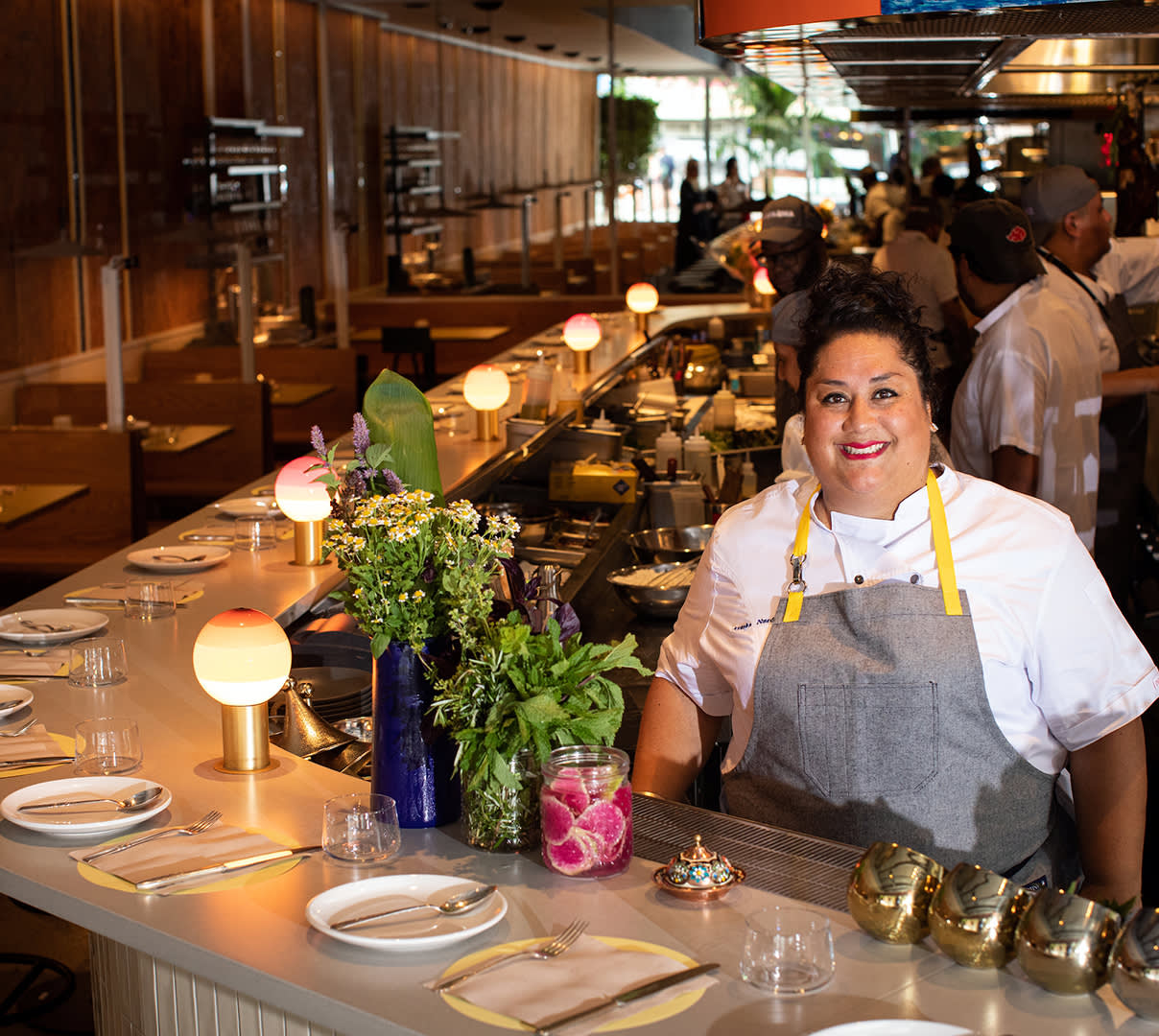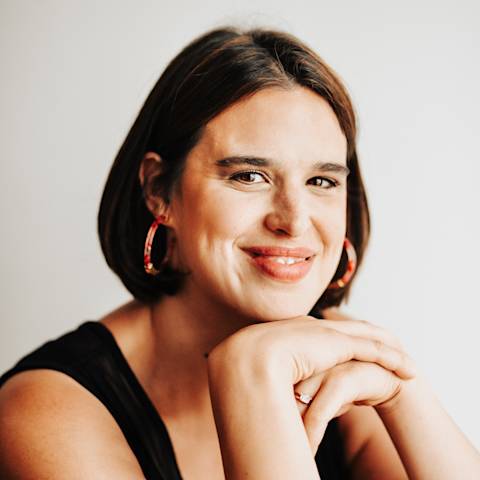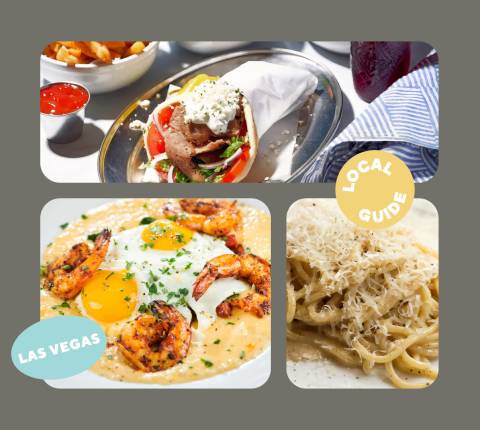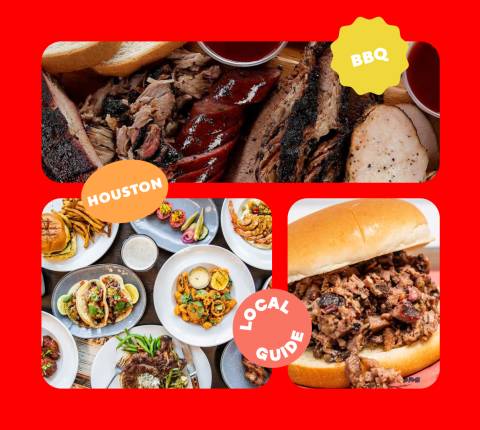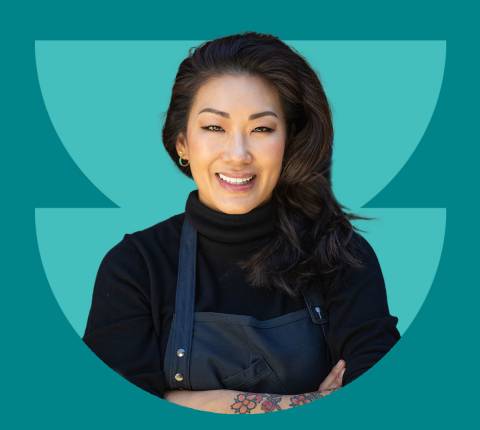Walking into Shuka feels a little bit like arriving at a warm, welcoming party thrown by your coolest friend — who just happens to be an awesome cook. That’s by design. At Shuka, the French doors of which open to MacDougal Street in SoHo, New York City, executive chef Ayesha Nurdjaja says that her intention is to create a “vibrant and good vibe.” That feeling starts from within: “I can’t expect that for my staff, or my guests, if I don’t feel that way myself.”
Nurdjaja is the daughter of a Muslim Indonesian-American father and a Catholic Italian-American mother. Born and raised in Gravesend, Brooklyn, she spent a lot of time with her grandmother, who lived in Cobble Hill “before it was fancy,” Nurdjaja says. Often with Nurdjaja by her side, her grandma shopped almost daily for groceries on Atlantic Avenue, which bustled with shops that specialized in Lebanese spices and Israeli olives. Nurdjaja’s childhood memories are inscribed with the flavors she tasted there: “hummus, shawarma, Medjool dates from Sahadi’s — these flavorful bites of the Middle East.” Nurdjaja’s mom was an excellent home cook, and her dad worked as a chef on a commercial ship. A deep love for food is woven into her DNA.
At Pace University, where Nurdjaja studied business, she found herself hosting dinner parties and loving every aspect: shopping, cooking, and — most of all — feeding and delighting her guests. Her imagination was sparked by cooking, and she decided to continue her studies at the Institute of Culinary Education and pursue a career in restaurants. She cooked her way through some of New York’s best restaurants, including Felidia, Bar Artisanal, Picholine, and the Michelin-starred A Voce under acclaimed chef Missy Robbins.

In 2015, Robbins introduced Nurdjaja to restaurateurs Vicki Freeman and Marc Meyer, the duo behind beloved NYC mainstays Cookshop, Vic’s, and Rosie’s. They were looking to revamp Hundred Acres, their SoHo spot, and hired Nurdjaja to run the kitchen. There, Nurdjaja found herself drawn to “more turmeric, more hummus, more falafel,” and Freeman and Meyer were on board to embrace Nurdjaja’s passion for the flavors of the Middle East.
In September 2017, the team revamped the restaurant, renaming it Shuka. With Shuka, Nurdjaja fully dove into celebrating her favorite ingredients and techniques: the lively, rustic flavors of Italy, Morocco, and Tunisia. She debuted dishes like roasted corn hummus and tagine with cod. “For the first two or three days, we were very hesitant,” Nurdjaja remembers. “What will this change do to the business? But little by little, we grew, and now we’re one of the city’s busiest restaurants.”
From tangy labneh with roasted beets and honey to crispy cauliflower with pickled mustard aioli, Nurdjaja’s food is meant for a convivial, shareable style of eating; she calls it the “rip and dip.” The restaurant’s patrons can feast on “small plates of deliciousness, pickles, plates of rice, and pieces of freshly grilled meat.” When it comes to meat, it appears in kebab form — succulent bites of Niman Ranch sirloin, ras el hanout-spiced chicken, and grilled lamb. It also shows up in slow-roasted shawarma form, rich with spices and served with a shower of herbs and a soul-satisfying white sauce. It’s all exceedingly delicious and fun.
Nurdjaja cooks the food she loves to eat, with a focus on seasonal, sustainable ingredients and an “everyone digs in” style. “I’m noncommittal about entrees,” she says. “I want lots of bites and flavors without over-ordering.” This is the way to eat at Shuka. With dips like taramosalata, made with smoked arctic char, trout roe, and fresh dill, and mezze like crispy za’atar fries, sharing is the name of the game. The best way to order is exuberantly, with an olive oil cake topped with a cloud of whipped cream as the finale.

A year and a half after opening Shuka, Freeman and Meyer asked Nurdjaja if she wanted to open another restaurant. Her response was she “never wanted to cook in a basement kitchen again. I want to see people’s reactions to my food; there’s immediate satisfaction in that.”
Shukette, a Mediterranean restaurant in Chelsea, is Shuka’s spirited little sister. With Nurdjaja as chef and partner, Shukette’s spacious open kitchen granted her wish of no more basement cooking. At Shukette, guests can watch the dance of her busy team at work from the long chef’s counter, which spans most of the restaurant, if they’re not tucked away in cozy wood booths. Running an open kitchen is like “going out in a dress without Spanx,” according to Nurdjaja. “There’s nowhere to hide.”
With Shuka and Shukette now two of NYC’s hottest restaurants — and among the hardest at which to get reservations — Nurdjaja is having serious success. Both spots have received glowing reviews. Last year, Nurdjaja was named a finalist for a James Beard Award for Best Chef: New York State. When asked about her dreams for the future, she wants to do more of what she’s doing now: traveling and “cooking really good food that has soul.”
Her advice to young chefs is to get and stay close to mentors who will teach them, help them grow, and have their backs. “Finding the right kitchen is like finding the right apartment,” she says. “Don’t just take the first one available. Sometimes you have to kiss a lot of frogs.” In the right kitchen, she says, you’ll feel a genuine connection to the people, the food, and the mission.

Nurdjaja sees her team as a sort of family. Her chef de cuisine at Shuka has worked with her for 14 years, and her chef de cuisine at Shukette has worked with her for six. “I treat people like the restaurant is my home: with kindness and understanding,” which can be rare in the famously cutthroat restaurant business.
She knows there are “very bad days and very good days,” but ultimately there’s nowhere she’d rather be, and she looks for cooks who feel the same way and who understand Nurdjaja’s mission and believe in it. She believes in her people in turn, and she knows how to create a positive environment for her team. In her kitchens, they are both challenged and supported, and inspired and seen.
When Nurdjaja is not making magic in the kitchen, you might find her savoring a glass of Scotch, traveling everywhere from the Amalfi Coast to the Aegean Sea, and discovering antique pieces for her ever-expanding jewelry collection. Back in her restaurants, she’s busy translating her own spirit into food that’s easy to crave and even easier to devour.
PHOTO CREDITS:
Portrait of Ayesha Nurdjaja by Eric Medsker


